'I feel like I'm hungover' — 3 side effects of the clocks going back yesterday and how to fix them
Started the week exhausted? Me too, and the clock change is to blame — here's why
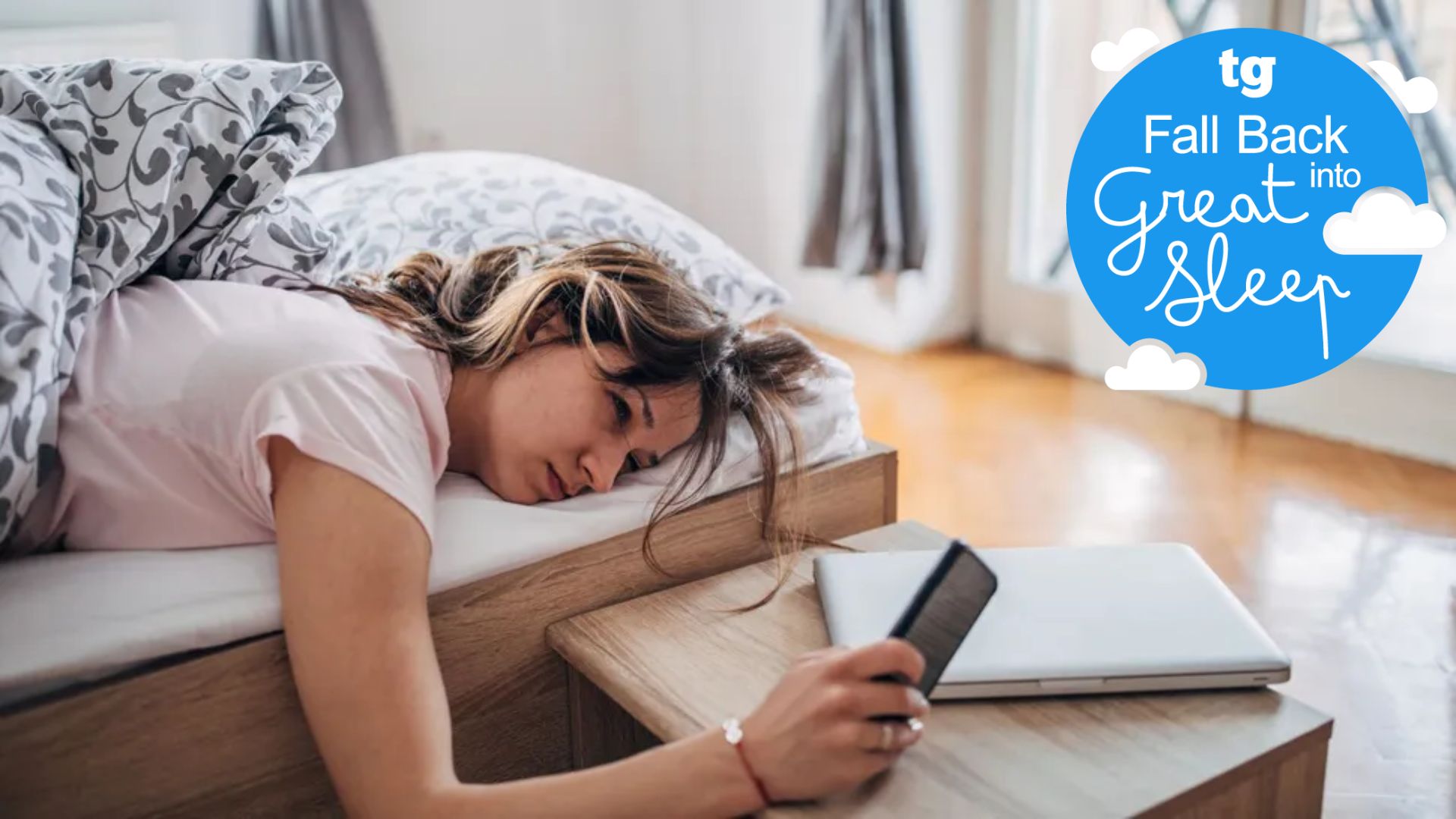
Here at Tom’s Guide our expert editors are committed to bringing you the best news, reviews and guides to help you stay informed and ahead of the curve!
You are now subscribed
Your newsletter sign-up was successful
Want to add more newsletters?

Daily (Mon-Sun)
Tom's Guide Daily
Sign up to get the latest updates on all of your favorite content! From cutting-edge tech news and the hottest streaming buzz to unbeatable deals on the best products and in-depth reviews, we’ve got you covered.

Weekly on Thursday
Tom's AI Guide
Be AI savvy with your weekly newsletter summing up all the biggest AI news you need to know. Plus, analysis from our AI editor and tips on how to use the latest AI tools!

Weekly on Friday
Tom's iGuide
Unlock the vast world of Apple news straight to your inbox. With coverage on everything from exciting product launches to essential software updates, this is your go-to source for the latest updates on all the best Apple content.

Weekly on Monday
Tom's Streaming Guide
Our weekly newsletter is expertly crafted to immerse you in the world of streaming. Stay updated on the latest releases and our top recommendations across your favorite streaming platforms.
Join the club
Get full access to premium articles, exclusive features and a growing list of member rewards.
I woke up on Sunday morning with a big smile on my face. The sun was shining and I had enjoyed a whopping nine hours of sleep thanks to the clock change.
I felt energised and ready for autumn — something I usually dread thanks to the onset of SAD (seasonal affective disorder) symptoms.
Skip to right now, Monday afternoon, and I’m struggling. My eyes feel heavy, my focus is non-existent and all I can think about is curling up in my bed and napping.
But why? I got more sleep than ever over the weekend and I’m not reaping the benefits. Turns out, the clock change may have done more bad than good. For our week-long Fall Back into Great Sleep campaign, I found out why.
Why the clock change has exhausted me
At 2am on Sunday 26th October, the clocks turned back an hour to 1am. This meant we gained an hour of sleep and returned to standard time, or Greenwich Mean Time, instead of British Summer Time (or Daylight Saving Time as it’s sometimes referred to).
Admittedly, the clocks springing forward in March usually causes more problems than the fall back, because we essentially ‘lose’ an hour of sleep. So, why am I sitting at my desk feeling hungover despite a restful weekend?
That extra hour might not translate to feeling more rested.
The experts say it’s because of a change in our circadian rhythm. This is our internal body clock that determines when we feel sleepy and when we feel awake and it’s regulated by consistent sleep and wake times.
Get instant access to breaking news, the hottest reviews, great deals and helpful tips.
Which is why Dr. William Lu, practicing physician and Medical Director for Dreem Health, says that the "extra hour might not translate to feeling more rested."
When we suddenly change our sleep schedules (which we all did on Sunday in a way that was outside of our control), our bodies can struggle to catch up. This means the release of sleep hormones like melatonin (which makes us feel sleepy) and cortisol (which makes us feel awake) are dysregulated.
Cue feeling fantastic when I woke up this morning and suddenly extremely drowsy this afternoon.
Another key factor is how long you slept for. While I loved my nine hours of sleep, it’s possible I overslept which can actually do more damage than good. It contributes to throwing off our body clock and long term, can harm our physical and mental health.
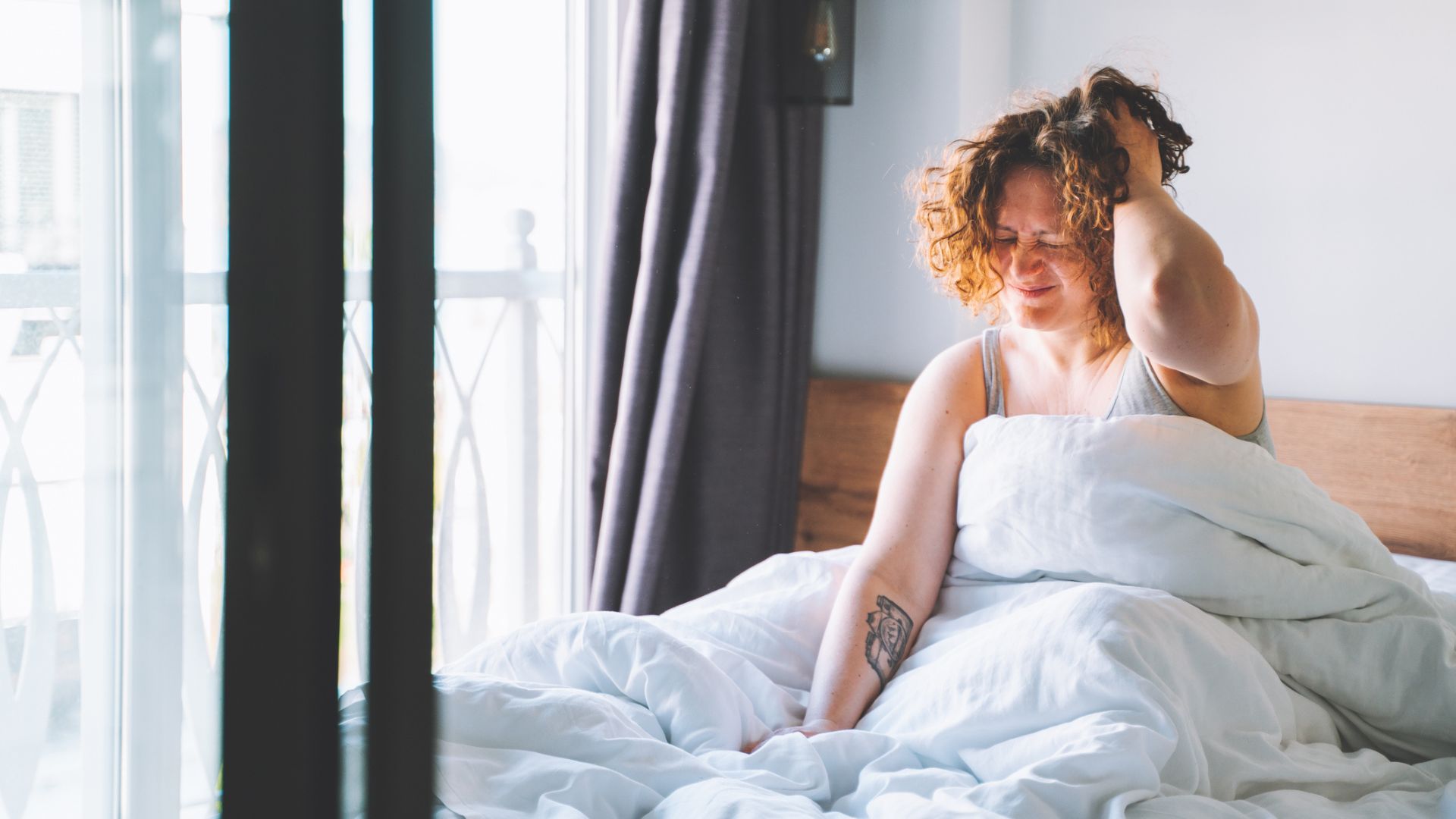
3 side effects of the clocks going back plus quick fixes
I know I’m not the only one. Family, friends and colleagues are complaining of disrupted sleep and low energy today. So I’m looking at the most common side effects of the clock change and their quick fixes so you’re not facing a week of fatigue.
1. Daytime sleepiness
Your eyes are drooping, your head feels heavy and all your body wants is to be horizontal… preferably on one of the best mattresses of the year. Yep, same.
It can take about a week for your internal clock to adjust
And this daytime fatigue is one of the most common symptoms of the clocks changing, even if you’ve had enough hours of sleep over the weekend.
Essentially, you’re battling a little jet lag. Your body clock is trying to catch up with your new sleep schedule, causing a mismatch between your energy levels and the time of day.
And Dr Chelsea Perry, founder of Sleep Solutions, told us that "it can take about a week for your internal clock to adjust."
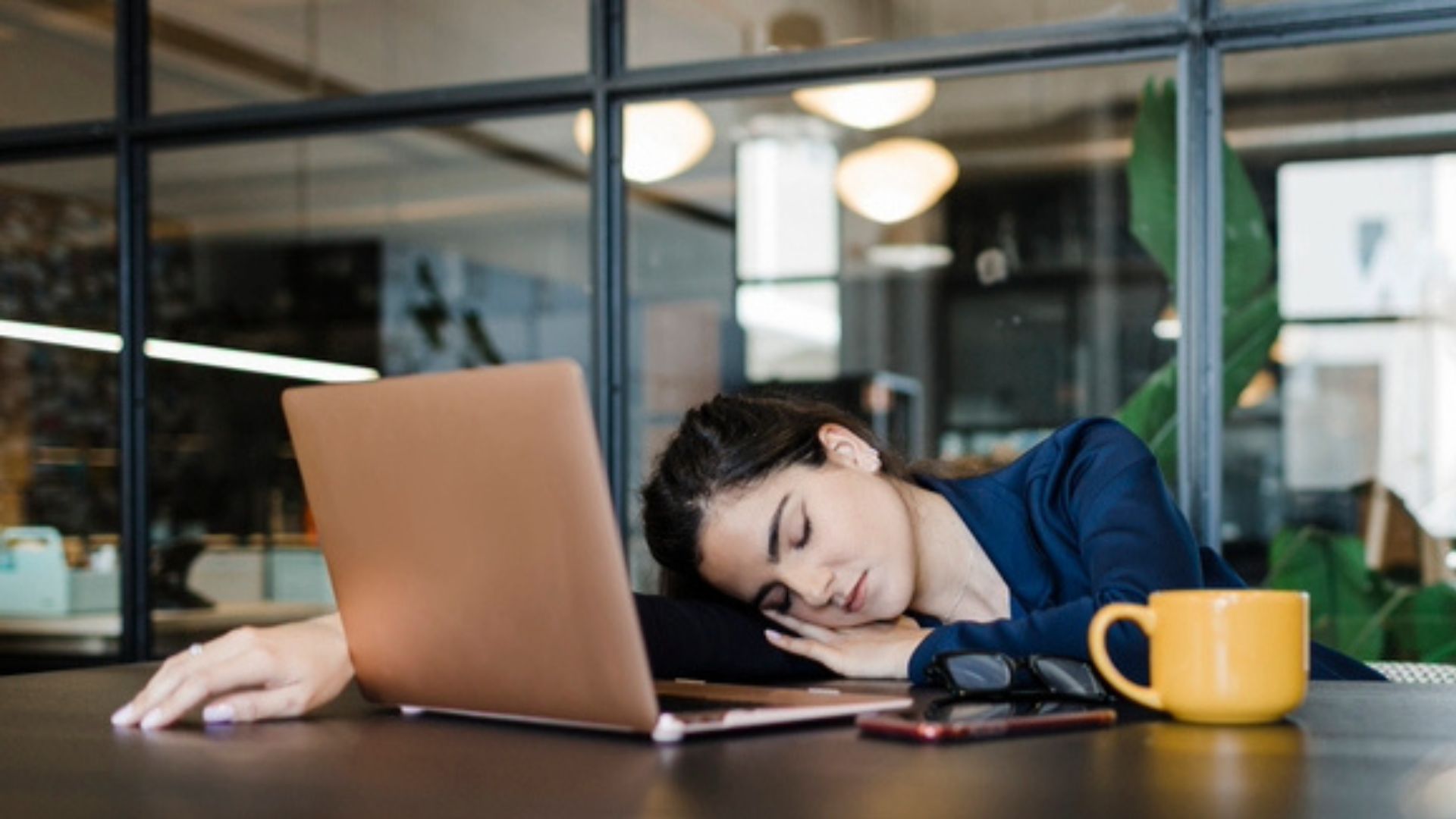
The fix: There are few ways to combat this daytime fatigue, but the most effective is to get outside.
Natural daylight works wonders for keeping our body clock ticking on time. Sunlight suppresses melatonin and stimulates serotonin, which gives our energy levels a boost. It also helps us produce melatonin once the evening draws in as a response to darkness (which will help fix the next side effect).
But whatever you do, try not to nap. This will confuse your body clock further and can reduce your sleep pressure (your desire to sleep) when it actually comes to bedtime.
2. Trouble falling asleep
After feeling exhausted all day, you might think you’ll drift off to sleep in no time. Wrong. For many of us, falling asleep tonight (and potentially throughout the week) could prove difficult.
Despite feeling tired, you may have actually got more sleep than you needed over the weekend, leading to a lack of sleep pressure when the night draws in.
On top of this, a dysregulated circadian rhythm means the natural cues for your body to fall asleep might not happen (like a release of melatonin and a drop in your core body temperature).
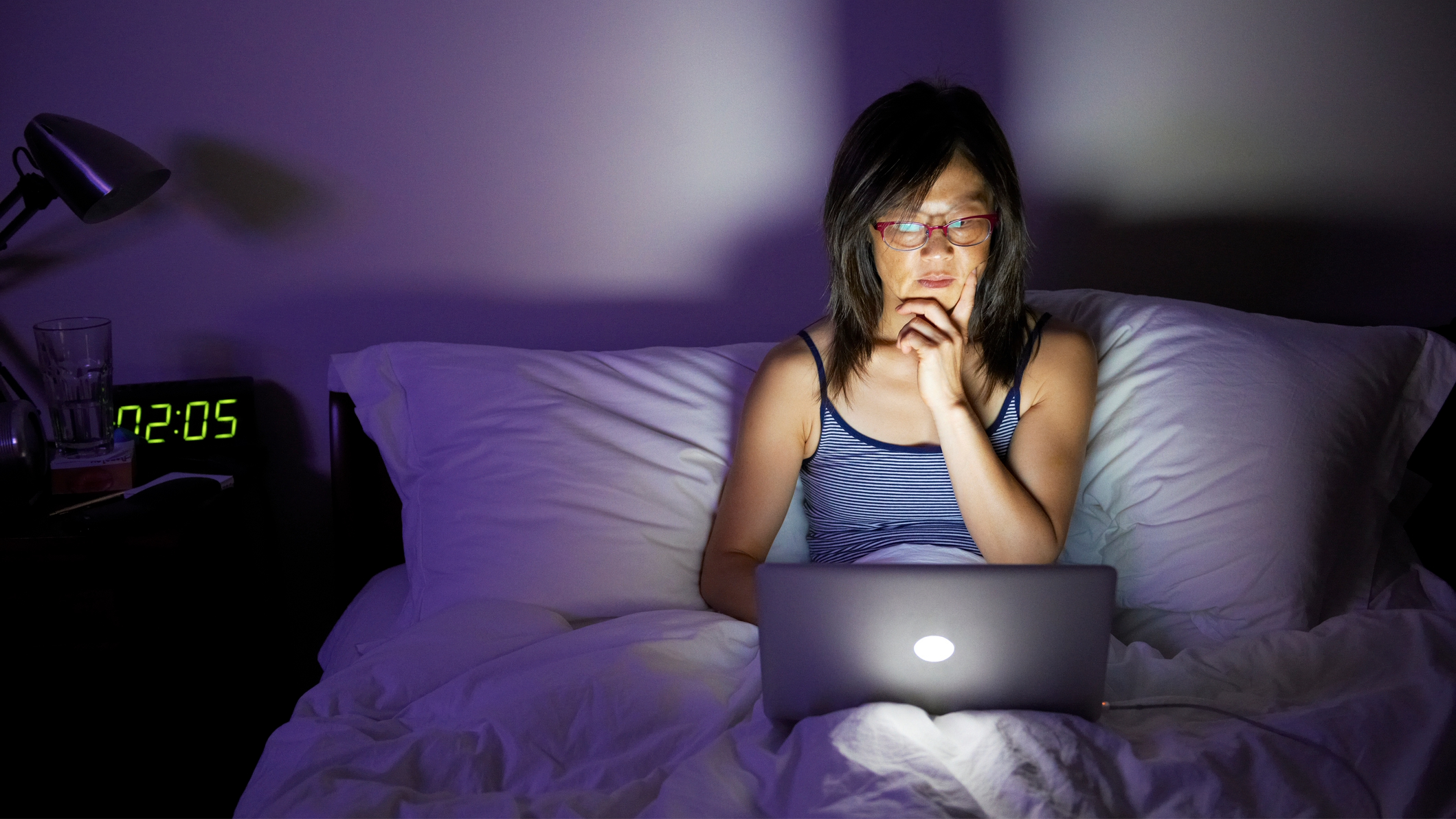
The fix: A calming nighttime routine can make all the difference here. Incorporating time to wind down and cues that it’s time for sleep can help you drift off even when your body clock isn’t cooperating.
Try starting with a warm bath or hot shower. Not only does this relax the mind and release tension from the muscles, but moving from a warm bathroom to a cooler bedroom can cause the drop in core body temperature which is essential in helping us fall asleep fast.
Next, dim the lights to signal clearly that it’s evening. And finally, try a relaxing activity that’s screen free. Blue light can disrupt sleep and social media can stimulate the brain too much to wind down.
My personal favorite is reading. In fact, just reading for 6 minutes can reduce stress by 68%, making it much easier to fall asleep naturally.
3. Waking up in the night
A classic sign that your body clock is confused is frequent nighttime awakenings. While waking up at night is normal, these disturbances should be so brief you might not even remember them.
A common side effect of the clock change however is waking up for prolonged periods throughout the night, or even waking up every hour.
Inevitably, this equals poor quality sleep. This is because if you wake frequently, it’s unlikely you’re spending enough time in restorative sleep stages like deep sleep and REM sleep, leading to daytime fatigue.
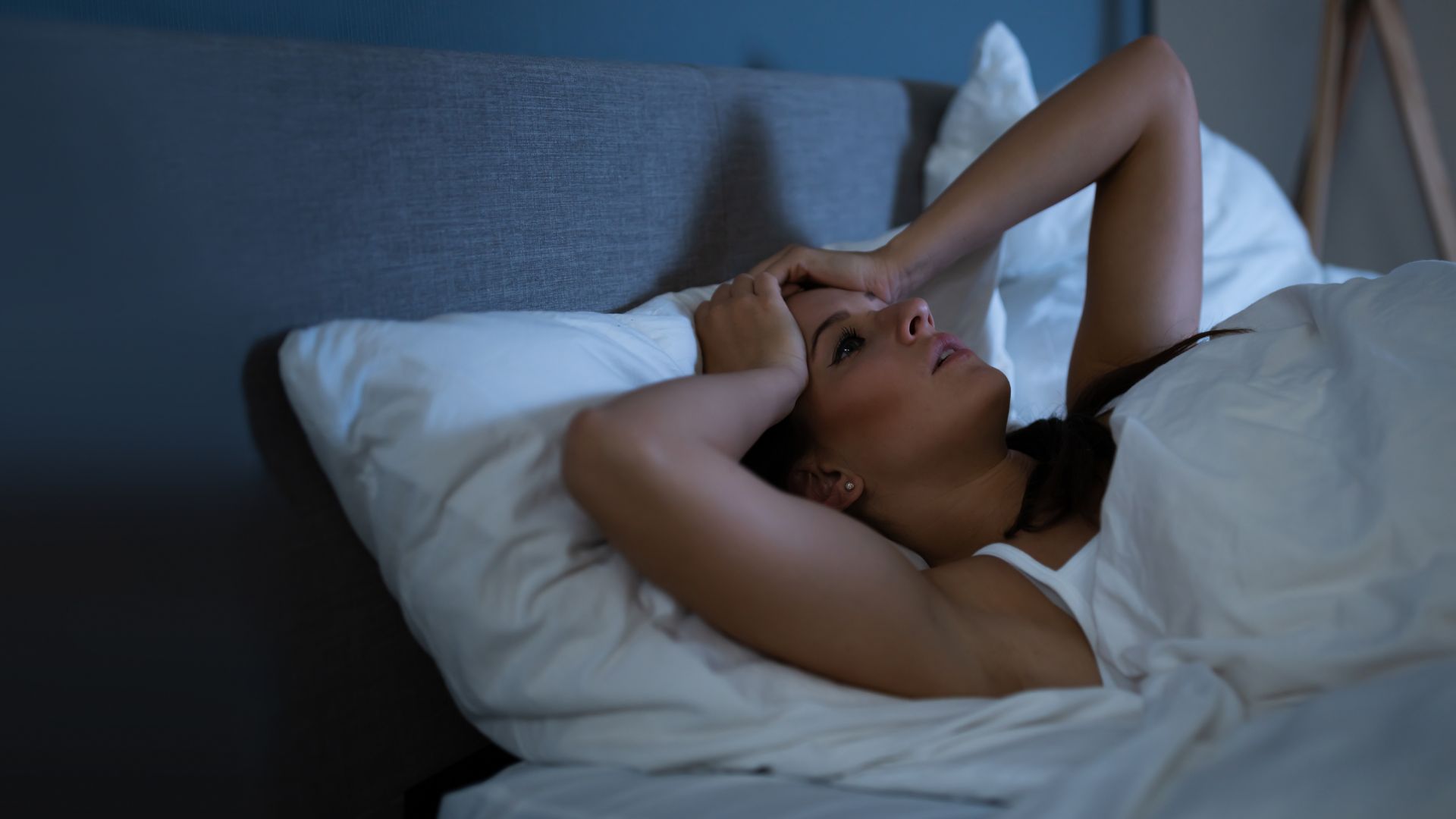
The fix: The key here is to keep a consistent sleep schedule. Going to sleep and waking up at the same time every day this week will help retrain your body clock so you stay asleep throughout the night.
Be sure to avoid caffeine after midday as it typically has a half life of five to six hours. That means it can stay in your system for up to 12 hours and have a disruptive effect on your sleep.
Similarly, avoid alcohol. Drinking alcoholic drinks will keep you in light sleep for longer and reduce the amount of REM sleep you get, leading to even more nighttime awakenings.

Lauren is an experienced writer and editor in the health and lifestyle industry and has led many campaigns and projects that deliver news, advice, and research on all things sleep. As the Sleep Features Editor for Tom’s Guide, Lauren writes, commissions and edits sleep and mattress content, from in-depth how-tos in sleep and mattress health to interviews with doctors and neuroscientists on the latest news in sleep. Lauren regularly tests new sleep tech and accessories to evaluate their effectiveness for getting good quality sleep and easing specific sleep struggles like nighttime anxiety. Alongside this, Lauren reports on the best mattress brands out there, like Helix, Saatva, and DreamCloud, helping readers find the right mattress for them and the best deals on them.
You must confirm your public display name before commenting
Please logout and then login again, you will then be prompted to enter your display name.
 Club Benefits
Club Benefits










